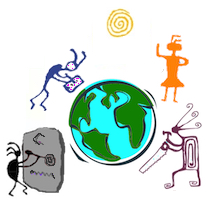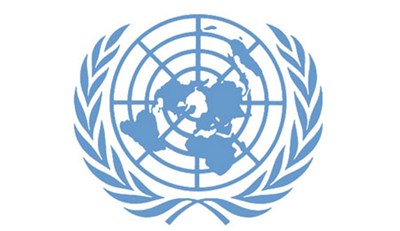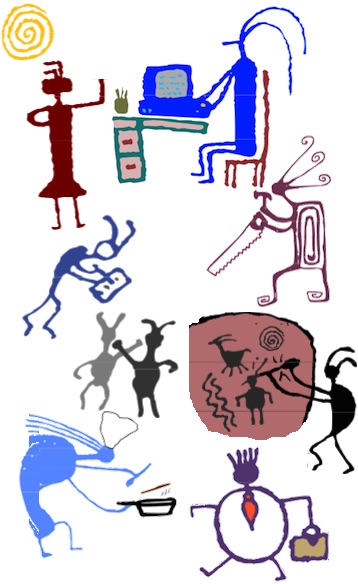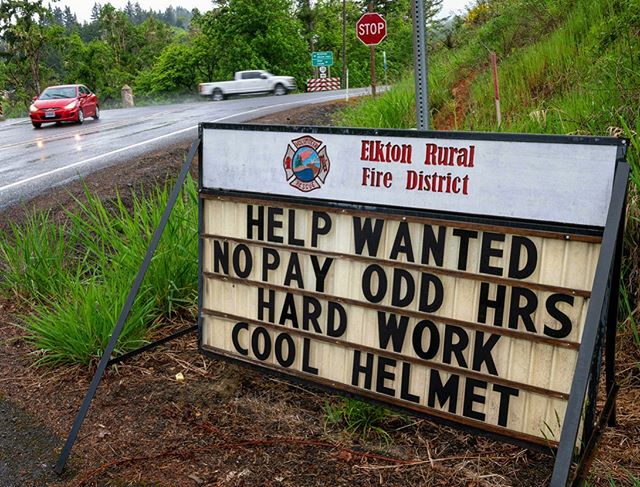Most of the articles I’ve read on “tips for working with remote staff during COVID-19 lockdowns” have been way more basic than I need, say what should be obvious (at least to me – like the importance of starting meetings on-time and make sure you use your mute button when you aren’t talking) and really don’t offer much insight into this particular way of working. In short, when I read most of these articles, I say “Meh” and move on.
However, Charity Village in Canada shared 8 Tips for Nonprofit Leaders to Better Support Virtual Teams by Maryann Kerr and it’s outstanding. There are really great suggestions here that every nonprofit and government program needs to read and apply to their interactions with remote staff – I hope more than a few folks are brave enough to send the article to managers, including executive directors, who just aren’t getting what working from home during a pandemic is REALLY like and what their expectations of their staff REALLY should be.
In addition, many of these suggestions are applicable to virtual volunteering. Here are my favorite recommendations from the article that I think you need to be thinking about with your volunteers now as they do more service and interactions online:
Be patient and considerate of the specific challenges of your team. This is both a collective and unique experience for each of us. Some will be home alone and lonely. Others may be desperate for a moment of peace. Still others may be caring for elderly family members or a combination of all three.
Speak up and don’t skip the hard stuff. This moment in history asks each of us to dig deep and develop our own innate ability to lead. You do not need to hold a position of leadership to act. Speaking up, on your own behalf, and on behalf of others, is an act of leadership. If you have a concern or question, it is likely shared by others.
Get to know each other on a whole new level. Whether you use Patrick Lencioni’s Personal Histories Exercise or the Clifton Strengths Finder or any number of other team building activities available online and adaptable to a video conference – just do it. Lencioni’s is a favorite because I’ve never seen it fail to improve a team’s understanding of each other. Do team members have hidden talents they’d like to share? A song, a poem, a musical instrument? A piece of artwork or craft they’d like to show? You are suddenly in each other’s homes. Use this as an opportunity to see each other as whole human beings not just workers.
Explore your values as individuals, teams and as an organization. Start with a free Personal Values Assessment and then facilitate a discussion about what is important to you as individuals and how this is reflected in how you will work together. Examine how these compare to your stated values as an organization. How can you ensure you live these values, particularly now?
Again, I want to emphasize those four suggestions are from Maryann Kerr, not me – she gets all the credit!
But I will add that, in a past blog, I myself wrote this in a blog:
Successfully working with people remotely is a very human endeavor that people who are amiable, understanding and thoughtful tend to excel in.
And, indeed, that’s proven to be true yet again as millions of people experience remote work amid chaotic or lonely homes.
Also see these blogs and web pages from me:
Building a team culture among remote workers: yoga, cocktails & games
Team building activities for remote workers
Re-creating offline excitement & a human touch online
Virtual volunteering: it’s oh-so-personal
The dynamics of online culture & community
Leading in a virtual world
And this video about how personal working with online volunteers has been for me.
And, of course, for more advice on working with remote volunteers, or using the Internet to support and involve volunteers, check out The Last Virtual Volunteering Guidebook. Tools come and go – but certain community engagement principles never change. you will not find a more detailed guide anywhere for working with online volunteers and using the Internet to support and involve all volunteers – even after home quarantines are over and volunteers start coming back onsite to your workspace. It’s available both as a traditional paperback and as an online book. It’s co-written by myself and Susan Ellis.
If you have benefited from this blog or other parts of my web site and would like to support the time that went into researching information, developing material, preparing articles, updating pages, etc. (I receive no funding for this work), here is how you can help.










